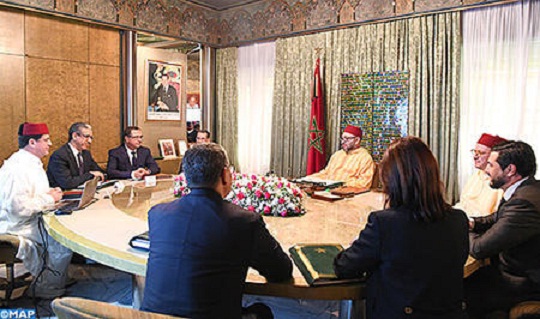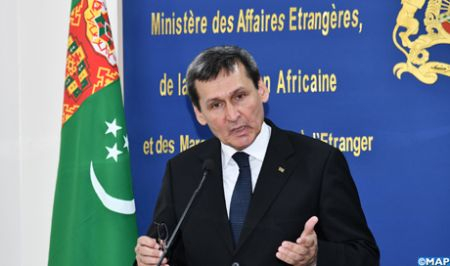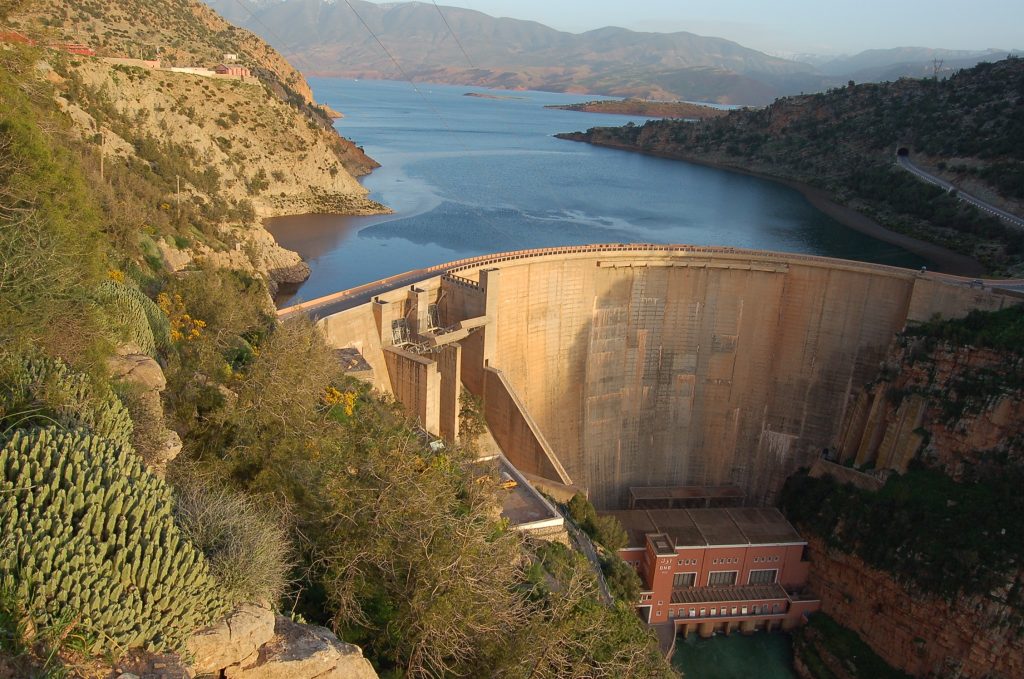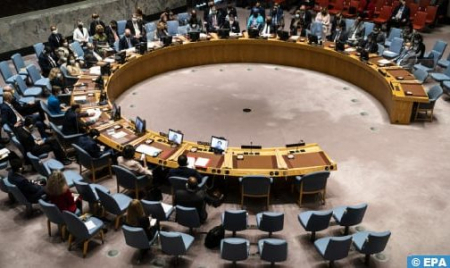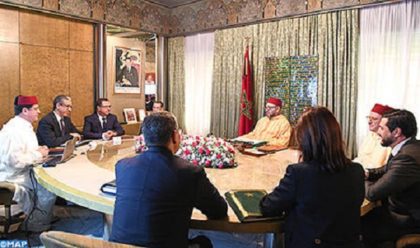 Morocco’s road map to boost its renewable energy development plans was discussed at a meeting held in Casablanca Friday under the chairmanship of King Mohammed VI.
Morocco’s road map to boost its renewable energy development plans was discussed at a meeting held in Casablanca Friday under the chairmanship of King Mohammed VI.
During the meeting, managing director of the Moroccan Agency for Sustainable Energy (MASEN), Mustapha Bakkoury, made a presentation on the achievements scored up to 2017, when the share of renewable energies in the national electricity mix reached 34%, and on the various projects planned for the 2018-2020 period.
The projects are aimed at enhancing Morocco’s renewable energy potential “in order to reach the expected goal of increasing renewable production capacity to 42 percent by 2020, an intermediate step to achieve the 52 percent target in 2030,” said a statement released by the royal office.
Bakkoury’s presentation also outlined measures to “speed up the implementation of synergistic approaches by actors from the national energy institutional system, following the completion of the reform of the development of areas where renewable energy projects are being implemented.”
During the meeting, King Mohammed VI enquired about the positive socio-economic benefits of the energy sector, especially in terms of investment, training, job creation, technology transfer, and development of more sectors where renewable energy projects can be implemented, the royal office statement said.
The meeting also reviewed the progress made in implementing MASEN’s international strategy and its development in Africa in particular.
In this connection, King Mohammed VI gave his high instructions to the institutions in charge of the renewable energy ecosystem to speed up the integration of the national strategy and consolidate Morocco’s position as a leader in Africa, as well as at the regional level. The aim is to make renewable energy a real lever of South-South cooperation and a vector of development for the countries of sub-Saharan Africa having a confirmed potential for renewables, the royal office statement added.
Mustapha Bakkoury recalled, in a statement to the media after the meeting, that Morocco’s target is to increase the contribution of renewable energies in the national energy mix to 42% in 2020 and to 52% in 2030.
At the end of 2017, renewable energy sources provided 34% to the electricity mix, Bakkoury said.
The year 2018 will see the launch of Noor Ouarzazate II, Noor Ouarzazate III, and Noor Ouarzazate IV, as well as Noor Laayoune I and Noor Boujdour I, he said. The current year will also be marked by the extension of the Noor Laayoune I and Noor Boujdour I plants, to bring up their capacities to the plans set for 2020.
MASEN managing director also announced that the Midelt project is progressing according to the schedule and that the construction of solar power plants will start no later than early 2019.
As to wind energy, Bakkoury said that plants with a nearly 300 megawatt capacity will start operating in 2018 while new wind power projects will be launched in Midelt and Taza.
Regarding MASEN’s cooperation relations with African countries, Bakkoury noted that several agreements, signed with sisterly states, will be implemented during the current year, reinforcing thus the South-South partnership advocated by the Moroccan king.
These agreements will allow, in addition to the exchange of expertise, the co-development of projects and the effective participation in the electrification efforts in Africa and, consequently, the reinforcement of the economic development potential of the continent, Bakkoury added.
